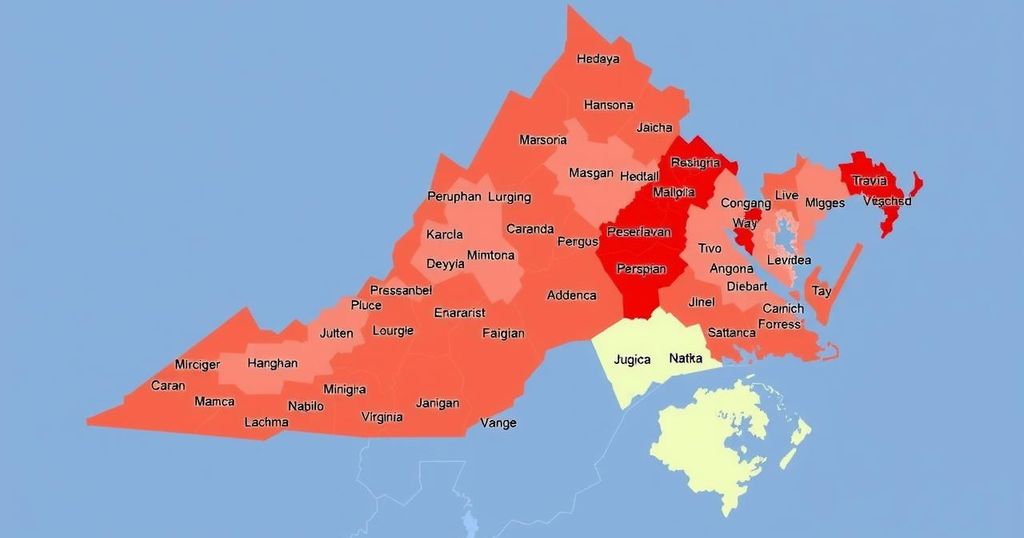Democrats retained their narrow majorities in Virginia’s legislature by winning two of three special elections, reflecting voter sentiment following the 2022 elections. The outcomes are critical indicators for the forthcoming gubernatorial races in Virginia and New Jersey, as well as for the midterm elections. The elections illustrate Virginia’s evolving political dynamics, particularly in relation to social policies.
On Tuesday, Democrats successfully maintained their slim majorities in Virginia’s legislature by winning two out of three special elections held. These contests marked significant early indicators of voter sentiment following President-elect Trump’s victory in November, when Republicans secured control of the U.S. Senate and retained a fragile majority in the House of Representatives. The special elections are also an early reflection of the upcoming, high-stakes gubernatorial races in Virginia and New Jersey this year, along with the crucial midterm elections for Congress next year.
The Associated Press indicated that Democrats Kannan Srinivasan and JJ Singh triumphed in Loudon County, a region that has seen a shift from Republican dominance over the past decade. Srinivasan, a current member of the state House, won the special election for the state Senate, defeating Republican Tumay Harding. Singh, who is a small business owner and former congressional aide, succeeded Srinivasan in the state House race against Republican Ram Venkatachalam. Loudon County has become central in national discussions regarding transgender policy and related issues.
The third election resulted in a Republican win, with Luther Cifers defeating Democrat Jack Trammell in a state Senate district west of Richmond. This seat had become vacant following the election of Republican John McGuire to Congress. As a result of these special elections, Democrats will continue to hold a 21-19 edge in the Virginia Senate and a slight 51-49 majority in the House of Delegates during Republican Governor Glenn Youngkin’s final year in office.
Governor Youngkin previously galvanized the Republican base when he won the governorship in 2021, making history as the first Republican governor in twelve years in a state that has leaned Democratic in recent elections. Virginia’s unique political landscape, with statewide elections occurring shortly after presidential elections, allows both Virginia and New Jersey to capture nationwide attention as indicators of the political climate and public sentiment toward the current administration.
The significance of the special elections in Virginia cannot be overstated, as they are often seen as a barometer for national political dynamics. Virginia and New Jersey are unique in conducting gubernatorial elections in the year following a presidential election, which leads to heightened national scrutiny. The outcomes of these contests can set the stage for future electoral battles, particularly the midterm elections in 2026, influencing party momentum and public perception heading into crucial legislative sessions. Furthermore, Virginia’s recent shifts in demographics and political alignment have foregrounded issues such as education and social policies, particularly regarding gender and inclusion, illustrating the evolving concerns of voters in the region.
The results of the recent special elections in Virginia demonstrate the ongoing political contestation as Democrats strive to safeguard their legislative majorities amid a transforming electorate. The victories in Loudon County signify the party’s resilience and strategic positioning ahead of upcoming statewide elections. As Virginia continuously serves as a bellwether for national trends, the outcomes of these races will undoubtedly be pivotal in shaping the political landscape leading into the midterm elections of 2026.
Original Source: www.foxnews.com






